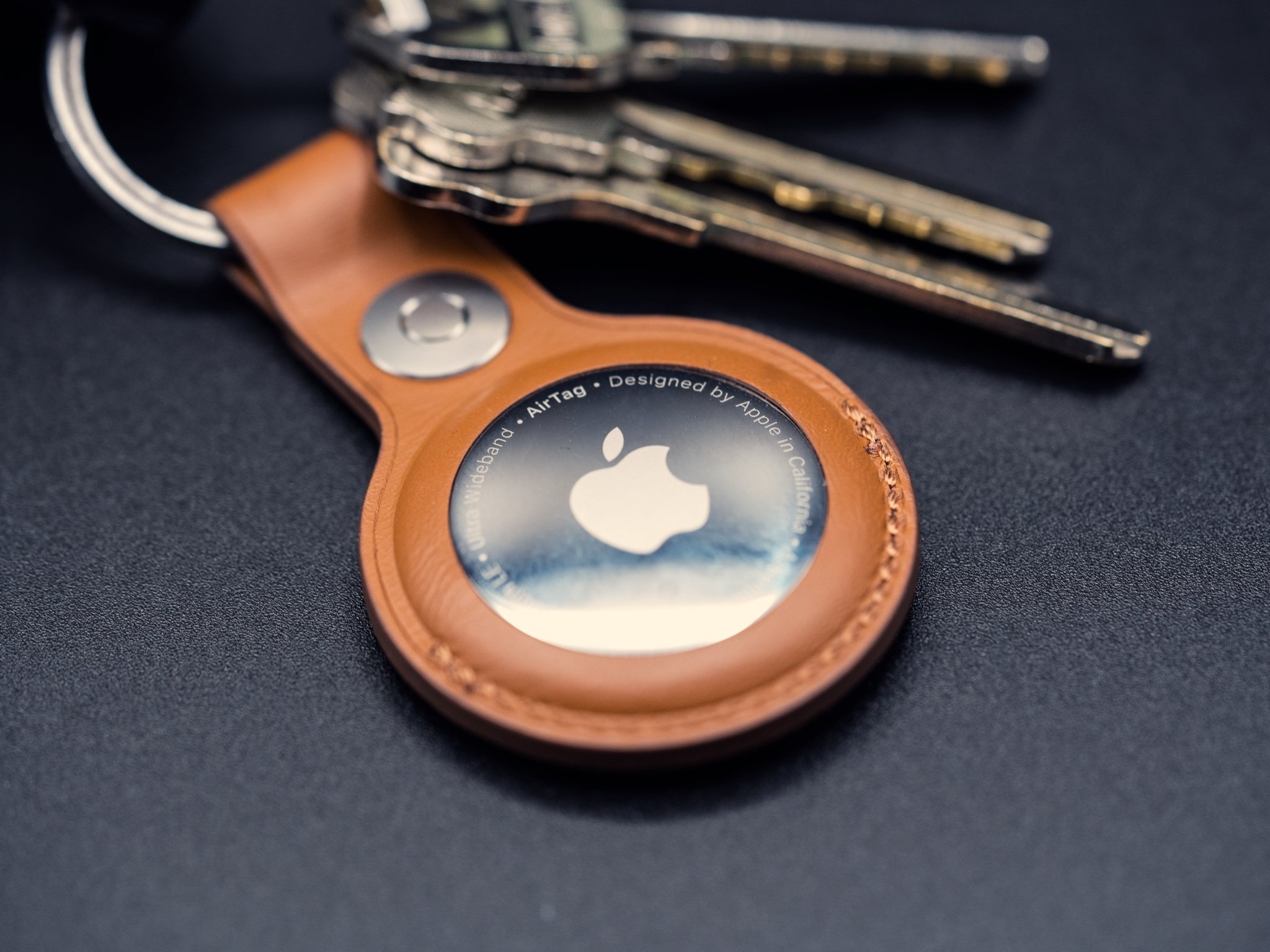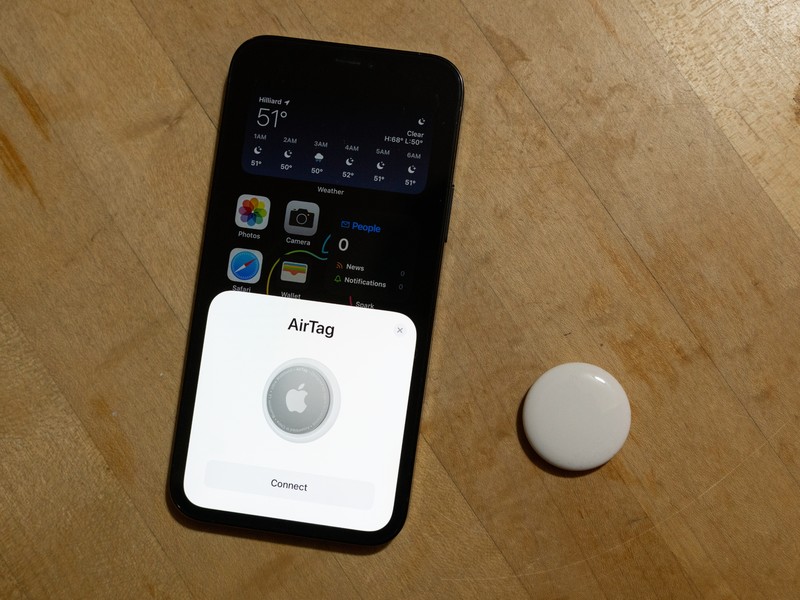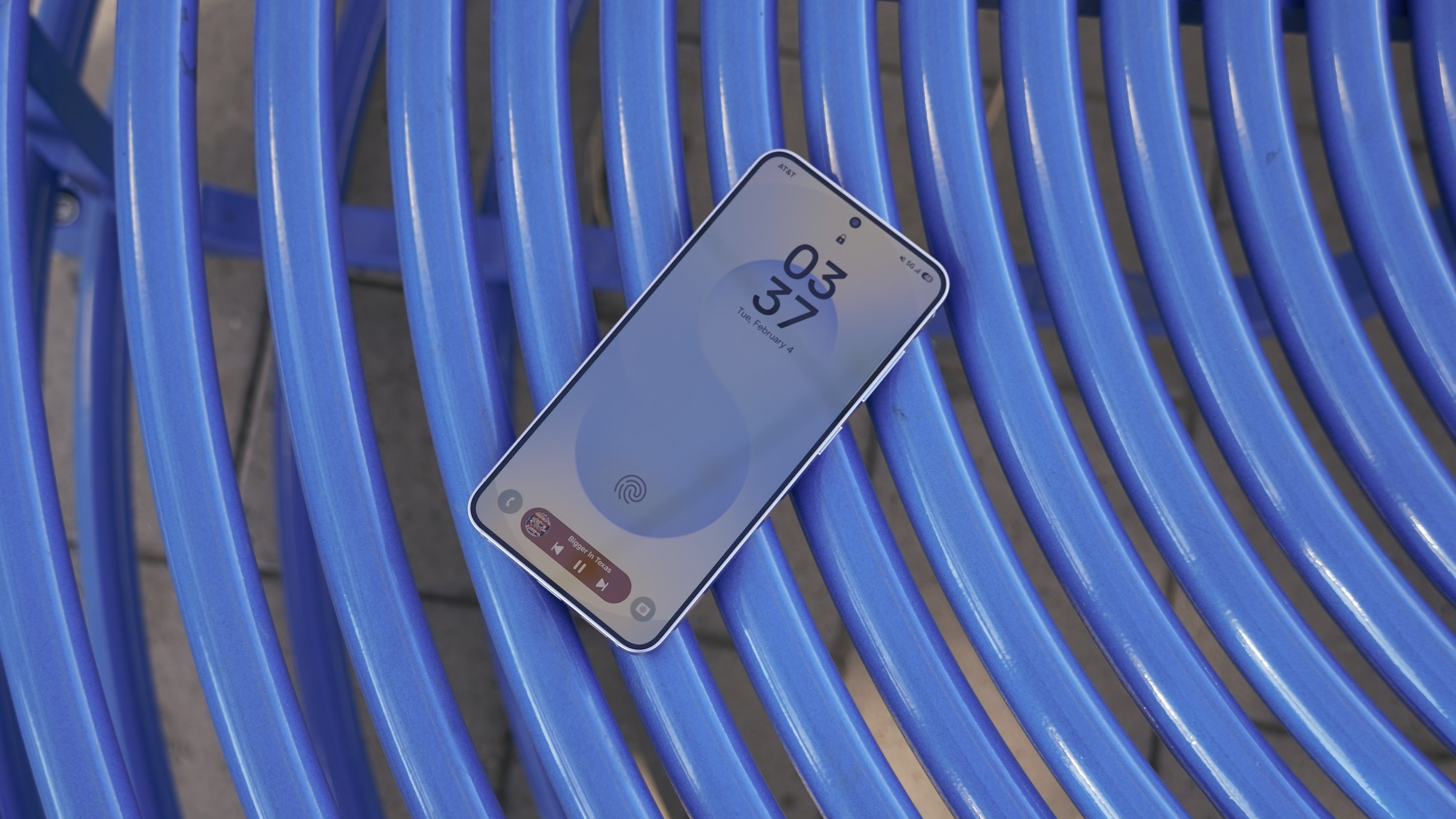Apple needs to give Android users a way to detect local AirTags to prevent stalking (Update: it's coming)

Update: June 3, 2021: An update and a new Android app are in the works to fix the potential problems outlined in this article.
Thanks to the Epic lawsuit, we know that Apple isn't keen on including Android users when it comes to its own apps and services. Ecosystem lock-in is a real thing for all tech companies, and usually, it's just a matter of inconvenience when no cross-platform solution exists. With the AirTag though, it's more. A lot more.
A network of more than a billion users means you'll bump into a few of them.
This is because of the AirTag's biggest feature: it uses the global network of iOS devices to track an AirTag's location, but only iOS devices. This has lead to a real problem that Wired addressed recently: stalkers can use them to track precise movements better than ever before.
AirTags aren't the first or the only device of its kind to use a wide network of clients to track location, and many of the best Bluetooth trackers use a form of it. Tile does it, for example, but the precision and scale are very different with the AirTag. While Tile products use Bluetooth to "talk" to the Tile app on your phone, AirTags broadcast location using Apple's UWB to every iPhone. Think about how often you come in close contact with someone using the Tile app. Now think about how often you come close to someone using an iPhone or iPad. Yeah.
Eva Galperin, director of cybersecurity at the EFF, puts it rather bluntly in the article at Wired:
Apple's failure to take seriously the safety of people who exist outside of the Apple ecosystem is inexcusable. It's not enough for Apple to just protect iOS users. The billions of Android users deserve to be protected from stalking too.
Because of this, a stalker can toss an AirTag into the trunk of your car, in the tiny pocket inside your purse, or in the bottom of your laptop bag amidst all the cables and oddball junk floating around down there. There is an audible alert when an AirTag is away from "home" too long, but it's quiet and only goes off every three days. That means if you live with or close to the person stalking you, it gets reset every time you head home.

Apple knows this was going to be a problem and gives iOS users a warning on their phone when an AirTag is found to be moving with you as long as you have an iPhone 6s or newer. That's a great feature that can tackle the stalker issue, but it doesn't — it leaves about 80% of all smartphone users no way to ever detect a hidden AirTag because that's the portion of people who use an Android phone.
Be an expert in 5 minutes
Get the latest news from Android Central, your trusted companion in the world of Android
Right now, AirTags can make Android users less safe. Apple has to fix this.
To be clear: if you use an Android phone and I drop an AirTag in your trunk under the carpet, you will never know that I am tracking where you go. You'll never hear it, you have no way of knowing it's there, and you will come in contact with someone using an iPhone who hasn't bothered to opt-out of the whole tracking network thing. If you live with the stalker, the AirTag will never ring, so it can be dropped inside your bag and track where you go outside of your car. This is an absolute privacy and security nightmare.
Luckily, it's a nightmare that is easy to fix: Apple just needs to build a utility that can warn Android users when an AirTag is moving with them, just like it does for iOS users. Your Android phone can already communicate with an AirTag through NFC, so there is no reason to believe that a small utility that looks for a specific Bluetooth connection request can't be built for Android.
Apple seems receptive to criticism, telling Gizmodo that it "may adjust the logic and timing of these features, which are tunable over the air, to continue improving our deterrents" to folks who have bad intentions.
That said, an Android solution probably won't happen unless there is more public outcry about this unwanted (and, to be fair, unintended) feature of the AirTag. Apple isn't in the business of enabling stalkers, and I'm sure it doesn't want to carry the black eye of being the company that makes Android users unsafe. But right now, this is exactly what is happening.
Apple does not want this, but only Apple can fix it.
Stalking and abuse from people close to you is a real thing. And it's a horrible thing. Apple has to do something to make it harder, not easier.
Update, June 3, 2021
Apple has told CNET that it is addressing several of the privacy concerns that surround the new AirTag, and the changes are great news for Android users.
Originally, an AirTag would chime every three days that it wasn't in range of the owner who set it up. That length of time has been changed and randomized — after the update, AirTags will play their chime sound at a "random time inside a window that lasts between eight and 24 hours."
Apple also has plans to release an app for Android users that will help detect an AirTag or any Find My network-enabled device that is within range. This will defeat the potentially invasive use of slipping an AirTag on an Android user's person or vehicle.
Apple said, "The recent introduction of AirTag included industry-first proactive features to discourage unwanted tracking" and if you are an iPhone user, that's true. Now that some attention is being paid to the Google side of things, it can become even truer.

Jerry is an amateur woodworker and struggling shade tree mechanic. There's nothing he can't take apart, but many things he can't reassemble. You'll find him writing and speaking his loud opinion on Android Central and occasionally on Threads.
